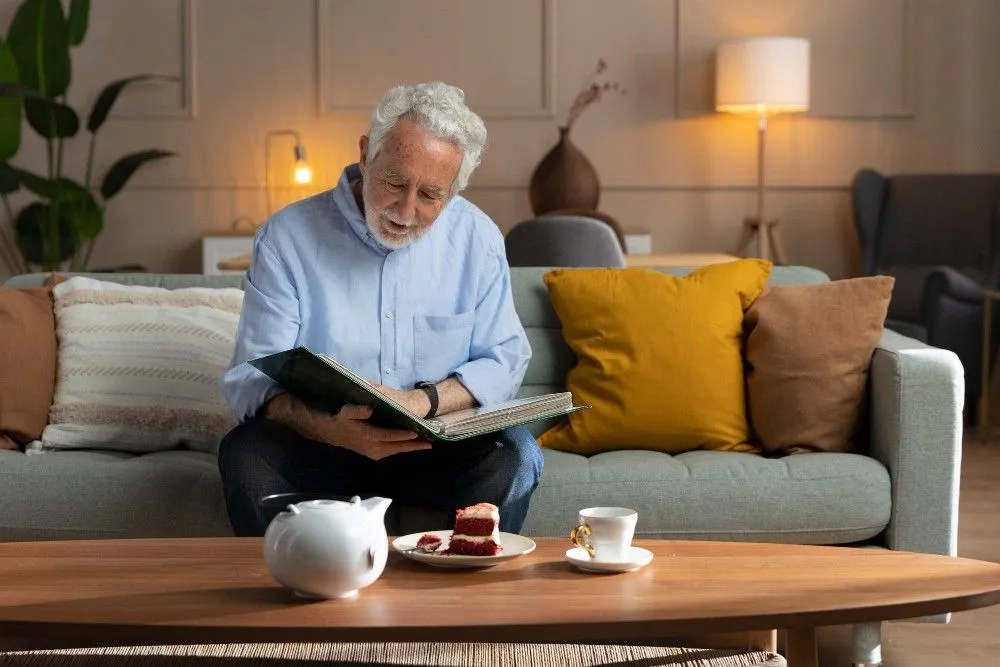In a day and age where lives are becoming more and more complicated, stressful and hectic, psychological distress has become commonplace. However, it is important to understand the day-to-day distress one feels is not the same as 'mental disorders' that are clinically identified and defined. Although you may be experiencing many of the symptoms, the magnitude and combination is crucial to the diagnosis.
Anxiety
Known as Generalized Anxiety Disorder (GAD), an affected person feels chronic anxiety and amplified worry and tension even when there isn't any stimulus to evoke such a response in the first place. Clinical anxiety involves conscious and consistent worry over issues that are common to almost everyone. These issues could involve security, health, money, work or family. Although the source of the anxiety might be hard to track, there are certain telltale symptoms such as:
- Irritability
- Constant Fatigue
- Restlessness
- Persistent tension in the muscles
- Disturbance in your sleep cycle
- Inability to concentrate
Depression
Clinical depression, known by many names, is the state of being sad, miserable and dejected over a period of a few months and not just in a passing phase. People who suffer from depression may not want to seek out happy environments. Symptoms of clinical depression are:
- Being depressed for the better part of the day, every day for at least 2 weeks
- Sudden weight loss and diminished appetite or sudden weight gain and binging
- Lack of interest activities
- Constant fatigue
- Sleeplessness or sleeping for most part of the day
- Inability to concentrate
- Suicidal thoughts and/or tendencies
Treating Anxiety and Depression
Although the symptoms of both these disorders are different, the mode of home-treatment follows a common thread.
1. Build Supportive Relationships
Depressed individuals are very likely to cut themselves off from the world. To counter the disorder you need to re-form supportive relationships with family and existing friends as well as forge new ones.
2. Counter Negative Thoughts
When you see yourself falling into a negative thought pattern, push yourself in the opposite direction by socializing with happy people, thinking beyond yourself (imagine a friend in your shoes and what advice you would give them to counter negativity) and allow yourself to be less than perfect, forgive yourself and stay guilt-free.
3. Exercise Regularly
Exercising is a natural stimulant for happy thoughts. Not only does it release pent up energy, but it also gives you a chance to observe the larger universe.
4. Eat Healthy
Science has shown that there are certain foods that are capable of giving you a downer, while others can give you a boost. Good foods include banana, spinach, fruits and leafy greens, oatmeal, chicken and eggs, brown rice etc. This list is not exhaustive in the least.
Insomnia
Only sleeplessness does not qualify as 'insomnia'. This condition implies difficulty in falling asleep, inability to stay asleep and restless or non-restorative sleep that plagues the individual. Insomnia, a disorder in its own right needing practiced medical attention, is often seen alongside major mental disorders or medical conditions. While treating the larger problem is essential, here are some things you can do for yourself:
- Change the physical environment: Ensure that your bed and pillows are not only comfortable but are also medically useful in inducing sleep. Lights also need to be moderated in the room you sleep in.
- Change your habits/lifestyle: If you have a habit of consuming stimulants such as coffee, nicotine, tea, cola etc. right before you go to bed, cut them out right away.
- Relax for yourself at least an hour before bedtime.
- Establish a routine- Sleep at a certain time, wake up at a certain time, get-in at least 7 hours of sleep every day.

Reviewed by







